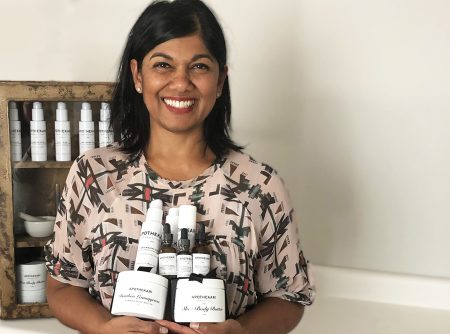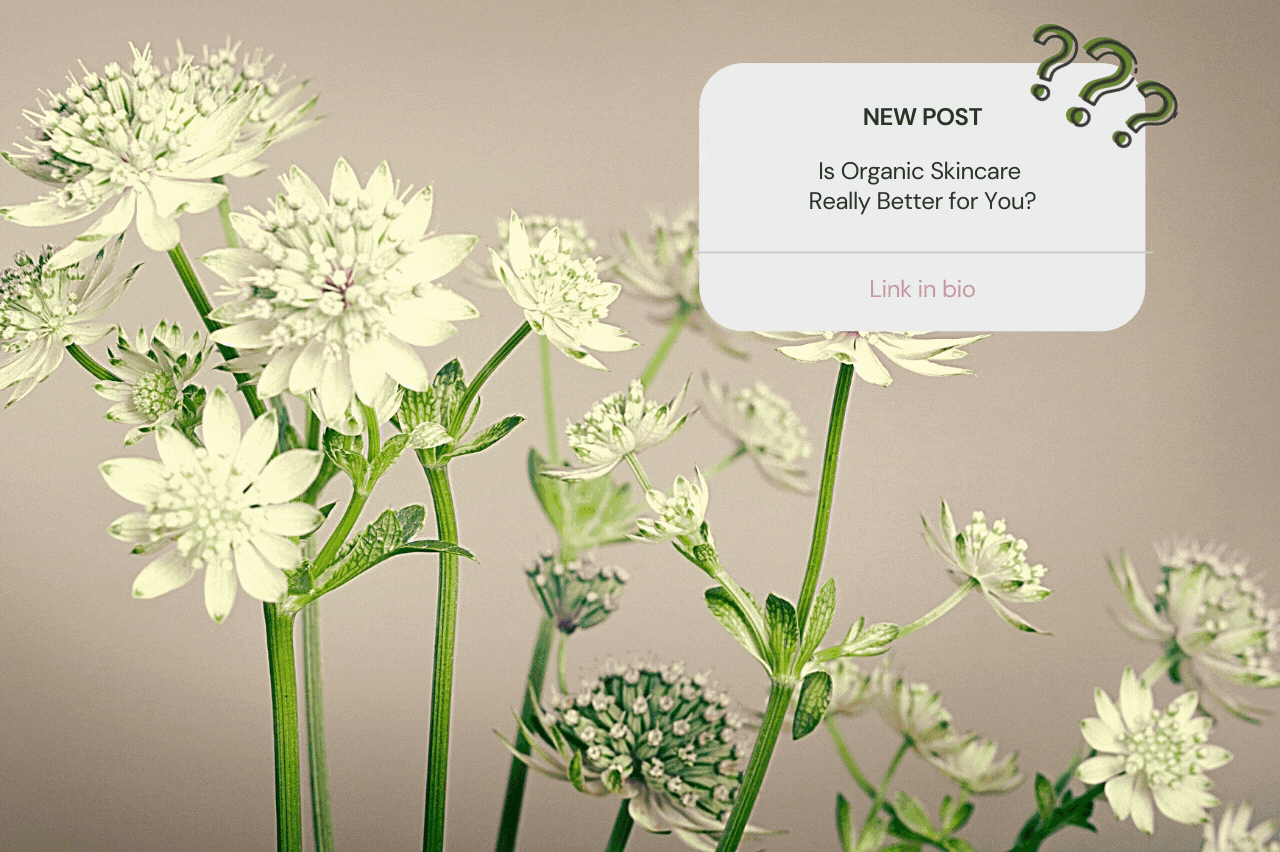If you’re paying closer attention to your health these days, you may be curious whether organic skincare is better. In this post, we’re sharing information that we hope you’ll find useful in making that decision. Read on to learn more.
Is Organic Skincare Better?
It’s difficult to avoid the claims that organic skincare products are better for your skin, but unfortunately, there’s no evidence to support this. In fact, many organic (along with natural, green, etc) ingredients may be bad for your skin, despite claims that the products are safer or better. This isn’t to say that products made with organic or natural ingredients are terrible, because there are many organic ingredients that are great for your skin.
However, just because an ingredient is organic, it doesn’t mean it’s good for skin. And just because it’s synthetic, it doesn’t mean it’s bad for your skin. Natural and/or organic ingredients can be harsh, leading to skin irritation and sensitivities that can get worse over time. This isn’t an issue with organic ingredients only – even synthetic ingredients can be problematic.
Ingredients like essential oils, fragrances, harsh cleansers and very low pH or high pH ingredients (like baking soda) may cause skin reactions. On the other hand, there’s also a long list of natural and/or organic ingredients like chamomile, shea butter, some plant oils and turmeric that are great for skin.
What to Look For
If you’re set on using only organic skincare products, then purchase from reputable companies. These are the ones that know what they are doing – they’re experienced with ingredients and how to incorporate them into safe, stable and effective formulations. They won’t make unsupported and absurd claims. And, they won’t try to frighten you about your skincare choices.
The regulations around organic skincare aren’t very clear or strict. Sad, but true, it’s possible that an organic skincare product may contain just one or two organic ingredients. The best way to know that you’re getting what you pay for is to look for certification. Criteria vary depending on the certifying body so get to know them.
Organic Skincare Certification Programs
The European certifications are most stringent and include:
In the USA, organic cosmetics aren’t regulated by the FDA, rather the USDA program. This means that some organic beauty products are regulated, certified and labeled through the USDA and follow the same certification standards and labeling guidelines as organic food. However, some organic beauty products are certified to independent standards with third-party verification of their ingredients and processing methods. Check to be sure.
Whether due to blissful denial or because they don’t know the research, lots of cosmetic companies sell products with ingredients that aren’t really organic or that are a problem for skin. Conversely, just because an ingredient isn’t organic doesn’t mean it’s unsafe or a problem for skin. Let’s set the record straight!








